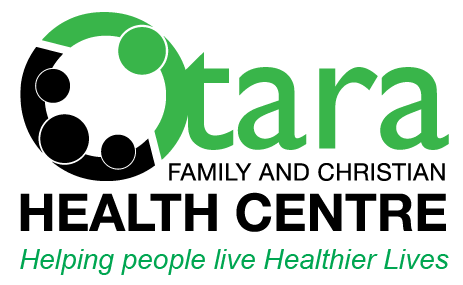New Zealand is currently experiencing the worst measles outbreak it has seen in the last 20 years. The majority of cases have occurred in Auckland – as of October 31, there have been more than 1,580 cases of measles in Auckland since the start of 2019.
The peak of the outbreak occurred toward the end of August, when Auckland DHBs were seeing about 20 new cases every single day. This has since dropped to about five or six cases a day.
While we might be past the worst of the outbreak, it’s important that we remain vigilant and proactive. In this article you’ll find everything you need to know about measles, the measles vaccine and what you need to do if you suspect you or a family member has measles.
What is measles?
Measles is a highly infectious viral disease. The most common symptoms include rash, fever, runny nose and irritated eyes. Although measles is most commonly associated with children, it can also affect teenagers and adults.
Experts estimate that each person with measles will infect 15 other people who have not been immunised. It’s generally accepted that a country needs 95 percent of its population to be immunised to stop measles from spreading. This is known as herd immunity. In some parts of New Zealand, immunisation rates are as low as 60 percent. Outbreaks typically occur in these communities where vaccination coverage is low.
Measles can be life threatening. Approximately 10 percent of measles patients need to go to hospital. Measles can also lead to serious health issues, such as:
- Pneumonia
- Seizures
- Ear infections, which can lead to permanent hearing loss
- Swelling of the brain
Measles can cause a number of complications during pregnancy, and may increase the risk of miscarriage, premature births and low birth-weight babies.
Who can get the measles vaccine?
The best way to protect yourself and your loved ones against measles is to get the free MMR vaccine, which provides lifelong protection against measles, mumps and rubella. The MMR vaccine is available to people born in 1969 or later.
In New Zealand, children are usually vaccinated at 15 months and four years of age. In Auckland, children can get their first vaccination at 12 months.
Babies who are at high risk of exposure may be able to receive the measles vaccine earlier. Pacific and Maori babies, babies who have been exposed to a known measles case and babies who are travelling to a country with a current measles outbreak may be able to get their first jab between six to 11 months of age. Babies who have their first jab between six to 11 months require an extra dose.
There are certain people who cannot get immunised:
- Pregnant women
- People with an illness that affects their immune system
- Babies under 12 months (there may be exceptions during a measles outbreak)
- People who have received another live vaccine in the last month
- People who have had a severe allergic reaction to the MMR vaccine
How to recognise measles
Most people do not know immediately that they have measles. It usually takes a week or two for symptoms to appear.
Contact your doctor if you notice any of the following symptoms:
- Fever
- Runny nose
- Sore throat
- Dry cough
- Fatigue
- Inflamed eyes
- Small blue or white spots inside the mouth
- Light sensitivity
The measles rash appears as clusters of small red spots. It typically appears about 14 days after infection and spreads along the hairline, across the face and neck and then down the body. It usually begins to fade after four or five days.
Treatment
There is no treatment for measles. Antibiotics do not work for measles as it is not a bacterial infection.
The best way to deal with measles is to rest. Stay home and rest in a quiet dark room, drink lots of fluids and take paracetamol or ibuprofen to help with the fever. Minimise contact with others to avoid transmitting the infection. If you are concerned about your symptoms, please call your doctor.
Schedule your vaccination
Here at Otara Family and Christian Health Centre, we strongly encourage you and your whānau to get immunised. The MMR vaccination is free, effective and the best way to protect against measles.
To schedule an appointment, give us a call today on 09 274 6654 or email us at reception@otarafamily.health.nz.
